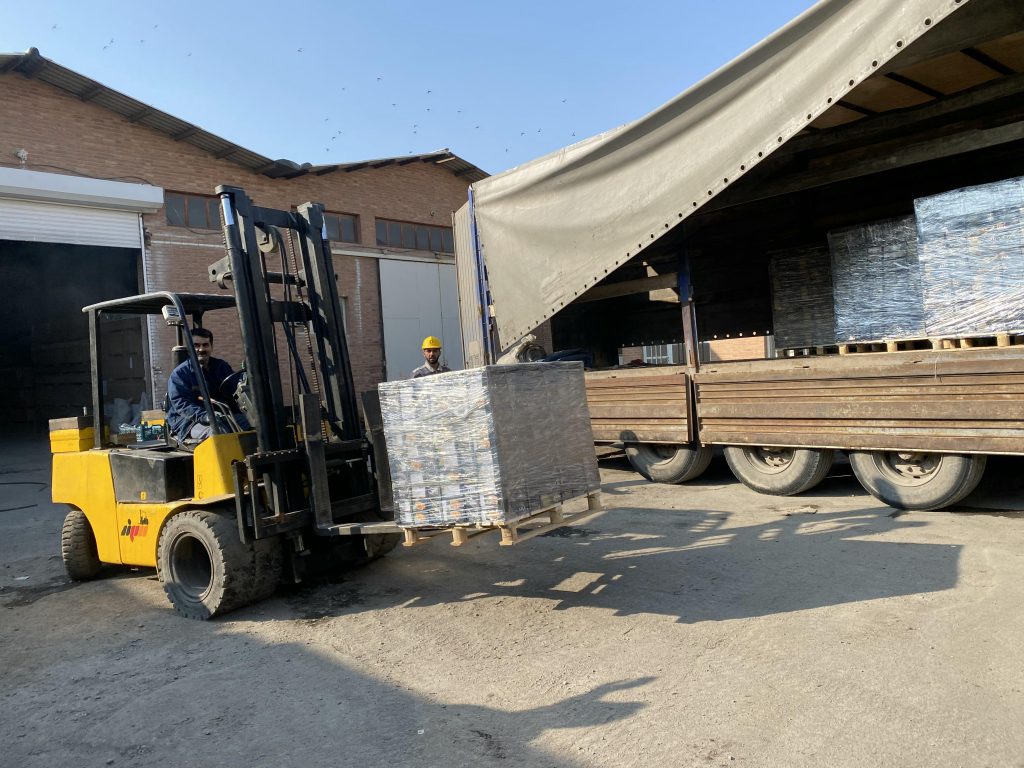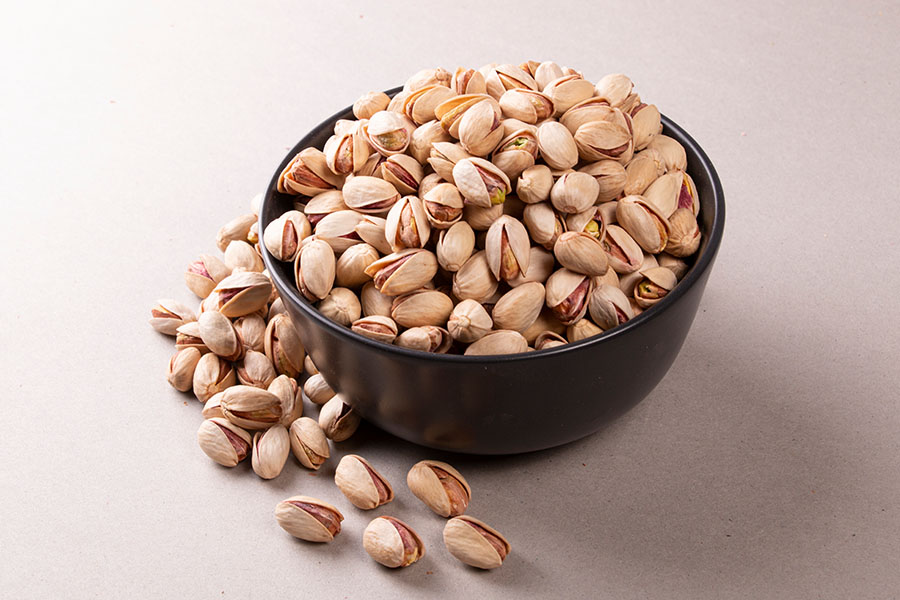Dried apricots are a popular and nutritious snack enjoyed by people around the world. Their sweet and tangy flavor, coupled with their high nutritional value, makes them a sought-after product in the international market. If you are a producer or exporter of dried apricots and considering expanding your business to Europe, this article will guide you through the process and highlight the opportunities and challenges of exporting dried apricots to this lucrative market.
Market Analysis:
Europe offers a promising market for dried apricots due to its large population and growing demand for healthy and natural food products. Before venturing into this market, it is crucial to conduct thorough market research. Identify key European countries with high consumption rates of dried fruits, such as Germany, France, the United Kingdom, and the Netherlands. Study market trends, consumer preferences, distribution channels, and competitors to position your product effectively.
Quality Standards and Regulations:
European markets are known for their stringent quality standards and regulations. To export dried apricots to Europe, ensure your products comply with the European Union’s food safety and quality regulations. Obtain necessary certifications such as ISO, HACCP, and GlobalG.A.P. These certifications validate the quality and safety of your products, giving European buyers confidence in their purchase.
Packaging and Labeling:
Invest in attractive and informative packaging for your dried apricots. European consumers appreciate well-designed packaging that reflects the product’s quality and highlights its nutritional benefits. Use clear labeling with ingredients, nutritional information, allergen statements, and any necessary language translations to meet European labeling requirements.
Logistics and Distribution:
Efficient logistics and distribution networks are vital for successful export operations. Partner with reliable freight forwarders who have experience in handling perishable goods and international shipping. Ensure that your dried apricots are properly stored, packaged, and transported to maintain their quality during transit. Consider using temperature-controlled containers to preserve the freshness of your products.
Marketing and Branding:
Developing a strong brand presence and effective marketing strategy is essential for capturing the European market. Create a professional website showcasing your product range, highlighting the unique qualities of your dried apricots, and providing easy ways for potential buyers to contact you. Leverage social media platforms to engage with European consumers and participate in trade fairs and industry events to network with potential buyers and distributors.
Building Relationships:
Establishing strong relationships with European buyers, importers, and distributors is crucial for long-term success. Attend trade shows, exhibitions, and networking events related to the dried fruit industry to connect with potential partners. Consider partnering with local distributors who have existing networks and knowledge of the European market. Engage in open communication, understand market trends, and adapt your products to meet specific customer requirements.
Conclusion:
Exporting dried apricots to Europe offers a wealth of opportunities for growth and expansion. By conducting thorough market research, adhering to quality standards and regulations, and implementing effective marketing and distribution strategies, you can establish a successful presence in the European market. Remember to continuously monitor market trends, adapt to changing consumer preferences, and build strong relationships with European buyers to ensure sustained success in exporting dried apricots to Europe.



